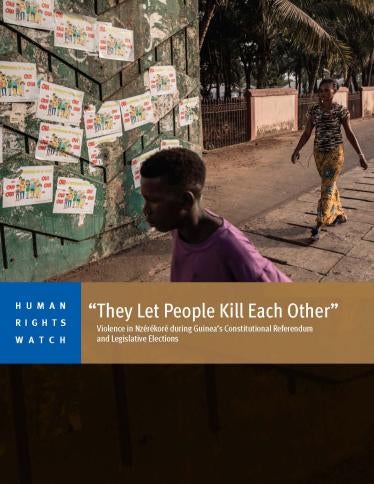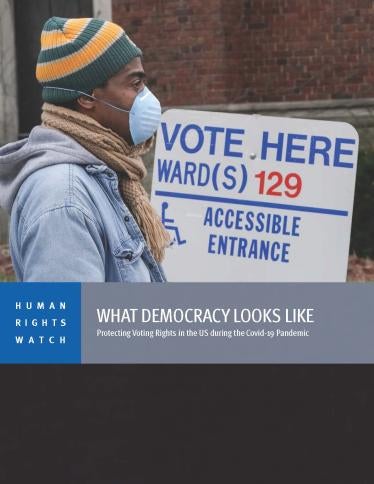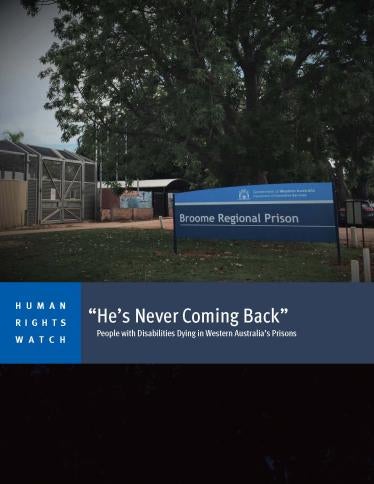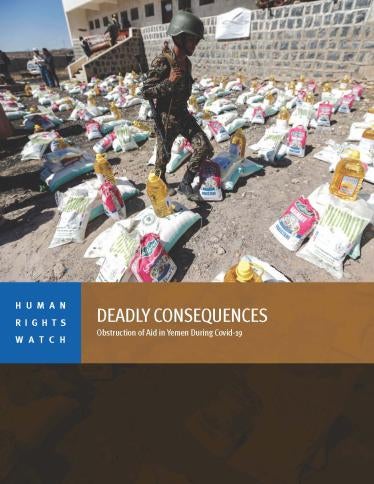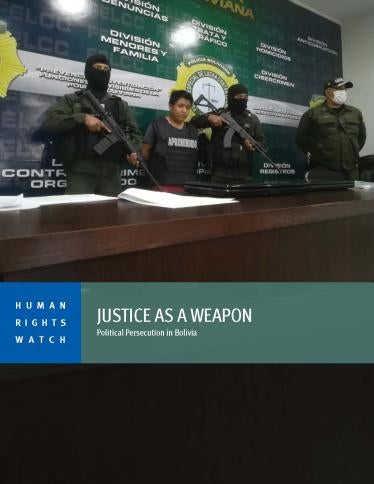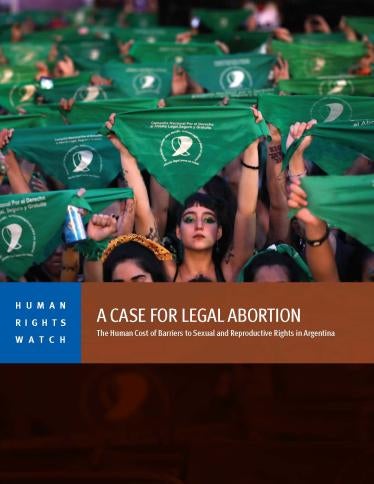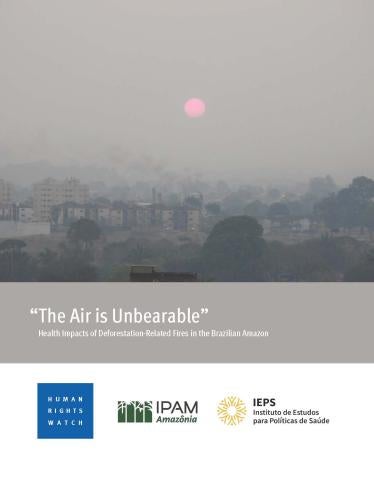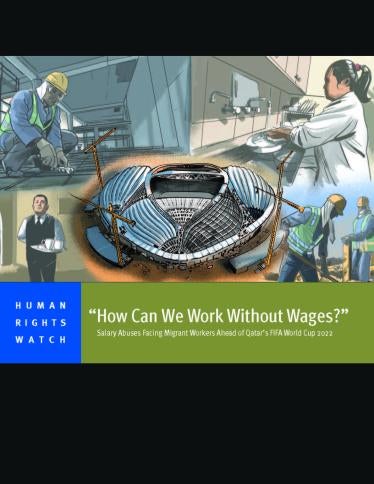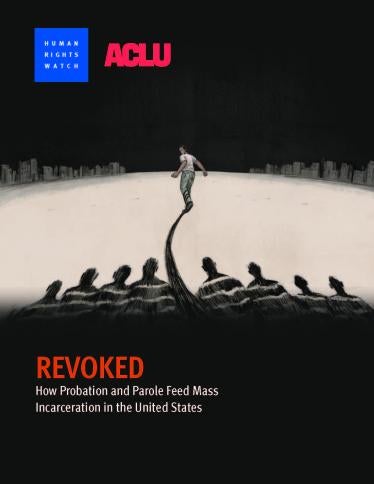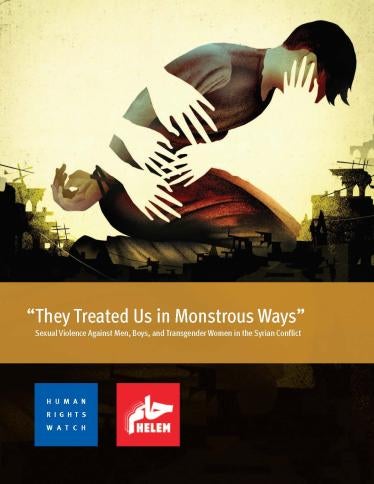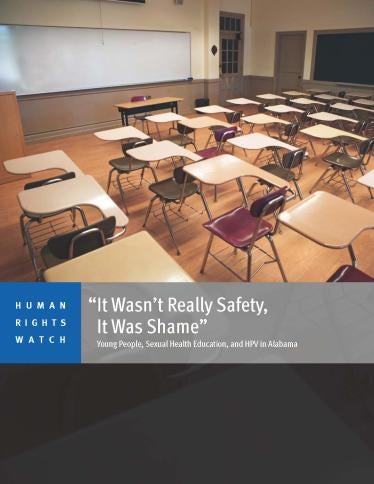“I Escaped with Only My Life”
Abusive Forced Evictions in Pakistan
The 48-page report, “‘I Escaped with Only My Life:’ Abusive Forced Evictions in Pakistan,” documents widespread and abusive forced evictions that disproportionately affect the most economically and socially marginalized communities in Pakistan. The authorities have evicted thousands of people without adequate consultation, notice, compensation, resettlement assistance, or means of redress in violation of their basic rights.


